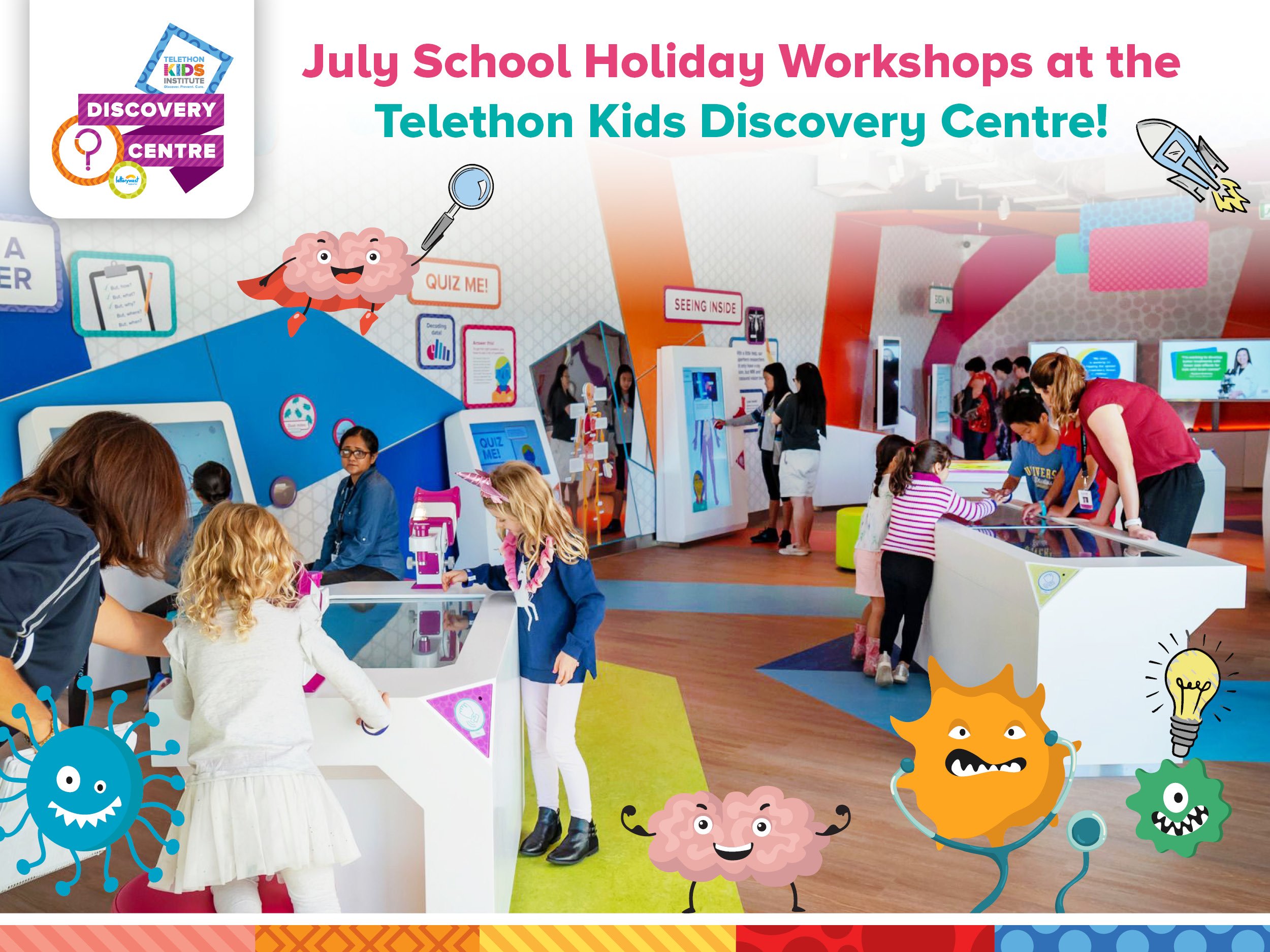Search
Showing results for "8"
The Kids's Dr Ruth Thornton is one of 12 finalists in the annual national Fresh Science competition with her research into middle-ear infections.

The July school holidays are just around the corner and with it comes another exciting program of school holiday workshops for kids!
Vitamin D deficiency (serum 25-hydroxyvitamin D (25(OH)D) concentration <50 nmol/l) is recognised as a public health problem globally. The present study details the prevalence and predictors of vitamin D deficiency in a nationally representative sample (n 3250) of Australian Aboriginal and Torres Strait Islander adults aged ≥18 years. We used data from the 2012-2013 Australian Aboriginal and Torres Strait Islander Health Survey (AATSIHS). Serum 25(OH)D concentrations were measured by liquid chromatography-tandem MS.
To recruit participants for ORIGINS and sub-projects and to follow-up participants during the Project implementation
These resources include the best available evidence about the course of Rett syndrome and its management as well as practical information about family associations, specialist clinical centres and links to relevant websites.
Rett Syndrome Association of Australia and ANZACRett are two family-oriented organisations.
AussieRett is the Australian Rett syndrome research study. We collect information on Australian individuals with Rett syndrome from both families and clinicians
Through InterRett we collect information on individuals with Rett syndrome on a global level. If you are a participant you can complete your questionnaire here.
Burkholderia cepacia complex causes life-threatening respiratory infections. Here, a bacteriophage with activity against B. cenocepacia was isolated from wastewater. It has a genome size of 70,144 bp and has the taxonomic classification Irusalimvirus. It has no genes associated with lysogeny, bacterial resistance, or virulence.
Most estimates of stroke incidence among Aboriginal and Torres Strait Islander (hereinafter Aboriginal) Australians are confined to single regions and include small sample sizes. We aimed to measure and compare stroke incidence in Aboriginal and non-Aboriginal residents across central and western Australia.
